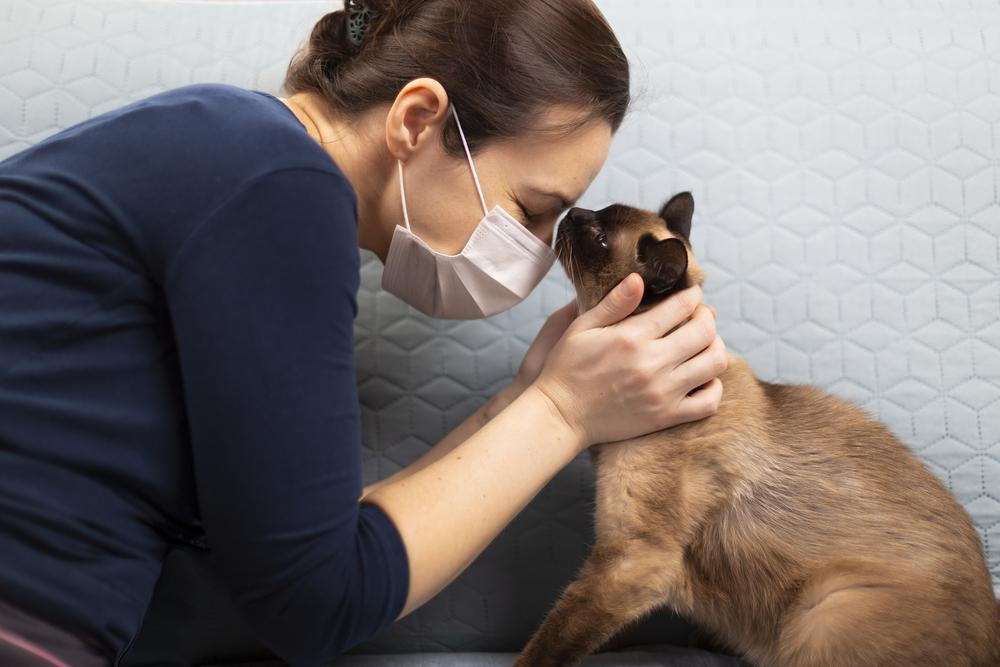
Covid-19 has become a fact of life for many. Some fear that it shows no signs of fading and we may be forced to remain hyper-aware for the foreseeable future. It is possible to continue living life, however, and so so safely. As you do, don't forget to protect the other members of your family who can't protect themselves.
Your Pets and Coronavirus
There are many types of coronavirus; some spread to animals only, some to humans only, and others to both. The COVID-19 virus is thought to have begun with an animal, which means your pets could be at risk, too.
According to the CDC, some pets, like dogs and cats, have had confirmed cases of COVID-19. These cases appeared to arise after the animals had contact with infected humans.
Information is still somewhat limited, but it's believed that the risk of spreading coronavirus to your pets is low, and that they probably won't spread it to others. But, it's worth being aware of the risk, even if it is minor.
Anyone with a weak immune system, such as children and the elderly, are more at risk than others. So, they're more likely to be infected by an animal.
To defend your furry friends from the virus, as well as others, limit your pet's interaction with others. This is particularly true if you have been exposed.
Avoid strange dogs in parks and other places. Help your animals stay distant, too. Keep your cat indoors, and keep your dog inside or on a leash away from others.
If you become sick or are exposed, immediately isolate yourself. It may be hard, but this includes limiting contact with your pets. You might need someone to help care for your pet.
Don't kiss, snuggle or play closely with your pet. Ask someone else to feed your animals if possible. Wear your face covering, wash your hands often and clean up after yourself and your pet often.
You want to get your pet tested soon, too. But, your can't do that yourself. So, call your vet and talk about your options. Look to loved ones for help, too. Testing is usually on recommended if your pet shows symptoms.
If your pet contracts the virus, follow the same precautions. Limit exposure, clean up often, isolate and monitor progress. It will be hard and your pet may not be happy with the changes, but it's what is best.
Let us help you through these difficult times. Call us and talk to use about your concerns. Whether you've been exposed to COVID-19, your pet has, or you just want to know more, we're here for you at Pet Vet Hospitals.
